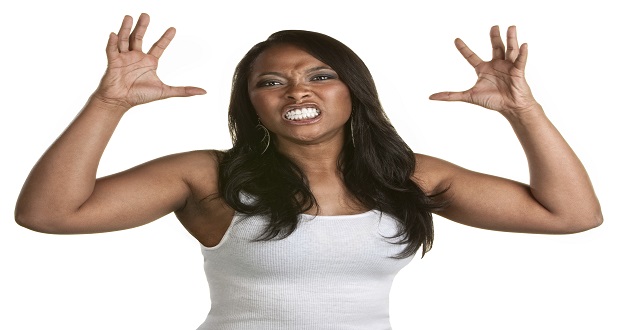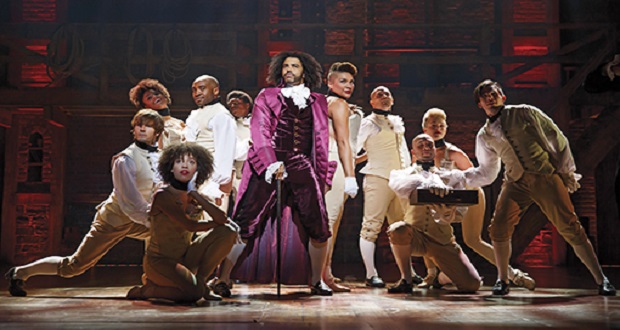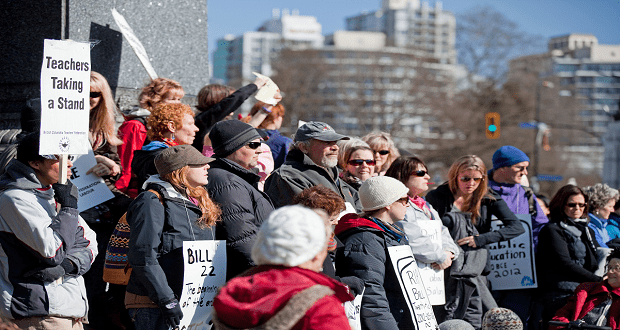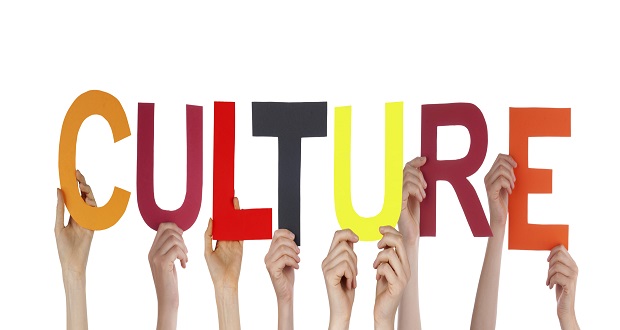
I am angry that narrow and negative stereotypes keep getting perpetuated but I am also thankful for social media that quickly and fervently comes to the rescue to teach us how frustrating, painful and just downright false such labels can be. I am talking about the New York Times piece on TV producer Shonda Rhimes that hit the online world last Friday. The author, Alessandra Stanley, identified as a long-time television critic, started her piece with this…
When Shonda Rhimes writes her autobiography, it should be called “How to Get Away With Being an Angry Black Woman.”
The furor led to New York Times Editor Margaret Sullivan writing this rebuttal…
“There are some big questions here — about diversity, about editing procedures and about how The Times deals with stories about women and race. They are worth exploring in depth…. The readers and commentators are correct to protest this story. Intended to be in praise of Ms. Rhimes, it delivered that message in a condescending way that was — at best — astonishingly tone-deaf and out of touch.”
Actually Stanley meant for the article to praise Rhimes accomplishments as a creator of African American women characters who are strong, smart, and in positions of power and authority. Stanley acknowledged Rhimes for taking “ownership” of the label. But why did she have to lead with the “angry” thing? Black women around the globe know all too well that powerful and assertive Black women translates into “angry”.
Rhimes recanted on Twitter with comments like, I did not know I was an angry Black woman. I am also certain that she was not creating “angry” characters. What does angry look like anyway?
I have mentored several Black women who work in the corporate world who are so afraid of being labeled as an “angry Black woman” that they go to the other extreme… “always smiling, accommodating and very unassertive.” They lament that it is difficult to strike the balance where they are recognized for what might be perceived to a White male as “a direct, no nonsense approach that gets results” and someone who just “goes along to get along.”
I think Stanley was trying to say that by taking ownership of the label, she had reversed the negative connotation. No way, Ms. Stanley. It just says that you perceive Kerry Washington’s, Viola Davis’ and Miranda Bailey as angry and I suspect, unfortunately many others do as well. The positive side is that the issue has been brought to light!



















Mary-Frances,
Thank you for this. Two Hispanic female co-workers have labeled me as “aggressive” and a third female co-worker, who is black, went so far as to call me an “angry black woman” recently. I am naturally assertive, and I see no need to down play it in my predominately white workplace environment.
I also thank you for this important reminder:
Black women around the globe know all too well that powerful and assertive Black women translates into “angry”.